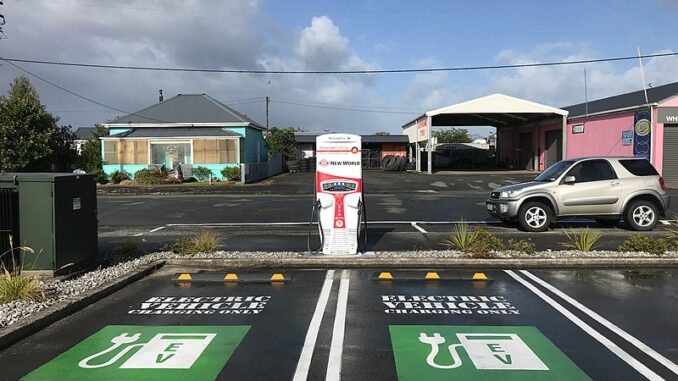
When it comes to charging your electric vehicle, there’s a few different ways you can do it. While many EV drivers with access to off-street parking install a home charging system, there are an increasing number of public charging units which allow drivers to charge their vehicles at work or even when they do the weekly shop. But what’s the difference between the three most common charging types and which one is best?
Slow charger – Type 1

This is the most common way to charge EVs and is used by many drivers to charge at home, overnight. A charging connector links the vehicle to a charge point – usually in the garage or by a driveway – and it takes around 8-12 hours to charge a vehicle fully. Typically, these chargers provide between 3 and 7kW. What’s more, there are often financial incentives from local councils to encourage drivers to install them and many new build properties also come with them too.
Fast charger – Type 2

Then, there’s what is known as fast chargers which are found in public charging places like car parks, shopping centres and workplaces. These types of chargers are usually untethered which means drivers need to use their own charging cable. The charging cable differs from the one used at home though, as type 2 chargers have 7 pins instead of 3. While charging times vary depending on the individual unit speed and the vehicle, a full charge usually takes around 3-5 hours. These types of chargers provide up to 240 volts at 7-22kW.
Rapid charger – Type 3

As the name suggests, this type of charger is the quickest way to charge EVs and is most commonly used by those drivers on long journeys. It takes around 45 minutes for a car to go from 0-80% and you can usually find them in motorway services, retail parks and restaurant car parks. Unlike the other charger types, rapid charge uses a cable that is fixed to the charger unit and they have a power of up to 400 volts at 50-350kW. There’s also what’s known as ultra-rapid chargers which charge a car’s battery up to 80% in as little as 15 minutes.
While ultra-rapid chargers can be slightly more expensive to install, and therefore have a slightly higher cost per kW, they do meet the need of modern EVs and their charging speed offers an unrivalled level of ease and convenience for drivers.
So, which charger is best?
The truth is, the best type of charger depends on where the driver wants to charge their vehicle and how fast they want to charge. Then, there’s the fact that charging speeds will depend on the EV itself, the charging system and battery capacity of the vehicle. If you’re considering installing EV chargers at your business premises, then it pays to think about who will be using it. For example, if you want to provide charging options for your customers, fast or ultra-fast charging might be best to fit in with their time schedule.
One thing’s for sure, as the number of EVs and EV drivers increase, it’s only time before people will be looking for more places to charge their cars – quickly. So, if you want your business to become the go-to name, offering efficient charging solutions for your customers and staff is only going to help.